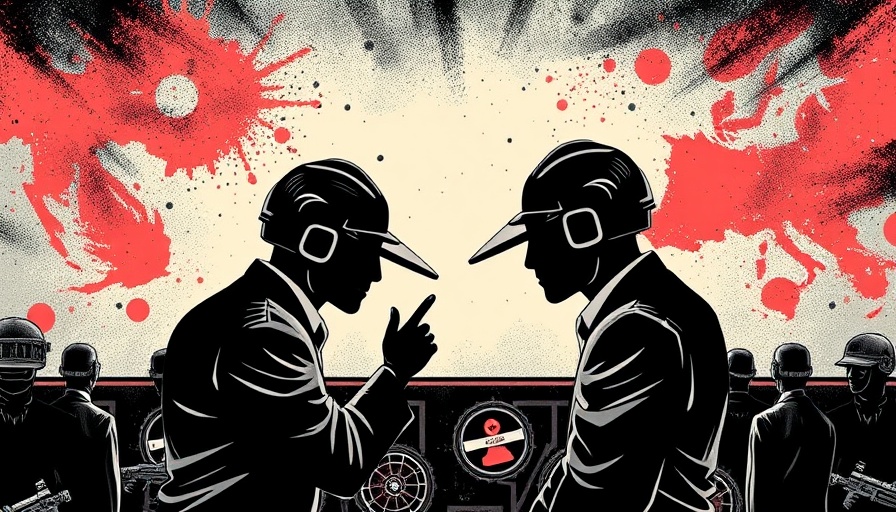
The Reality of White-Collar Warfare in Today's Businesses
In the world of corporate dynamics, the concept of "white-collar warfare" often plays out like a silent battlefield. Unlike physical confrontations, these battles unfold in boardrooms and email threads, where individuals or departments vie for influence and control over resources and decision-making processes.
White-collar warfare can escalate quickly from simple disagreements to more intense conflicts, driven by personal interests, miscommunication, and mismanagement. Drawing parallels to military strategy, we can understand that there are various stages in how these conflicts develop, similar to the 'escalation ladder' concept proposed by experts in conflict resolution. In fact, studies show that 84% of executives encounter unreasonable conflicts on a regular basis, demonstrating the frequency and impact of such issues in the corporate landscape.
Understanding the Ladder of Conflict Escalation
Various models, such as the conflict escalation ladder, help illuminate how minor disagreements can lead to significant disputes. Initially, parties might have simple disagreements about tasks or decisions that are healthy and constructive. However, without proper communication and conflict-resolution strategies, these disagreements can morph into debates, personal disputes, and even full-blown hostility. Failure to address these early indicators of conflict often leads to damaged relationships within organizations.
Recommended Strategies for Resolution
Effective management of workplace conflicts requires a proactive approach. One key recommendation is to implement formal escalation procedures. Such policies can help ensure that conflicts are addressed at the appropriate levels, encouraging collaborative problem-solving rather than confrontation. For example, by structuring discussions around documented disagreements and mutual resolutions, teams can maintain their integrity while working through conflicts smoothly.
Moreover, promoting a workplace culture that values open communication and respect can diminish the likelihood of conflicts spiraling out of control. When team members are encouraged to express their opinions without fear of retaliation, the atmosphere fosters collaboration rather than competition.
Building Stronger Teams through Conflict Management
Conflict is unavoidable in any organization, but it doesn't have to be detrimental. When handled properly, it can lead to innovation and improved processes. Teams that regularly reflect on their interactions—through retrospectives, for example—can cultivate stronger relationships and prevent misunderstandings from escalating. Remember, disagreements can provide opportunities for growth, but only if they are managed with care.
In summary, understanding and navigating the complexities of white-collar warfare requires strategic thinking and a commitment to fostering a collaborative work environment. By implementing effective conflict resolution strategies, businesses can transform potential disputes into opportunities for team building and organizational improvement.
 Add Row
Add Row  Add
Add 










Write A Comment